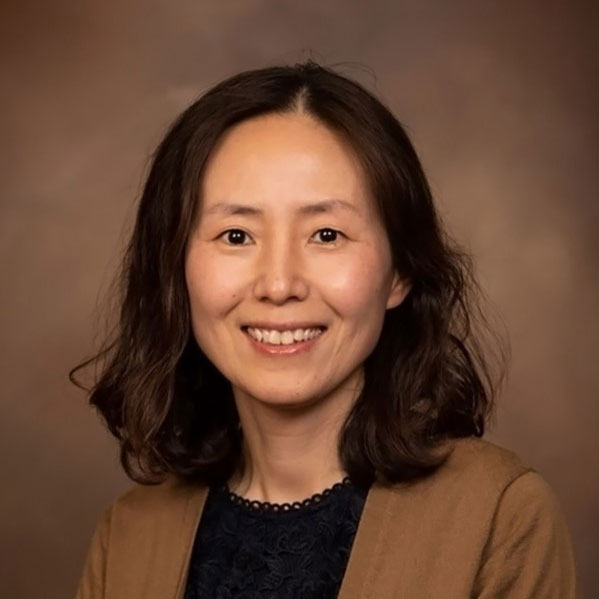What are you trying to do? Articulate your objectives using absolutely no jargon.
My research program in aerospace focuses on two main objectives:
(1) Developing Sustainable Energy Sources for Aerospace Applications: The primary focus is creating lightweight, renewable solar energy systems that can function effectively under harsh environmental conditions, such as extreme temperatures, varying pressures, and high radiation levels. These systems are designed to be resilient and efficient in aerospace applications.
(2) Characterizing Active Defects in Semiconductor Materials and Devices: Another key objective is to analyze and understand the evolution of defects within semiconductor materials and devices, especially under different environmental conditions. This research aims to enhance our knowledge of how these defects influence material performance, which is crucial for improving the reliability and efficiency of semiconductor devices.
How is it done today, and what are the limits of current practice?
(1) Sustainable Energy: Photovoltaic (PV) devices are mainly produced from bulk single crystalline Si materials. Current technologies need to fully leverage the potential of alternative materials, such as microstructured semiconductors or thin films, which could offer superior radiation resistance and cost benefits.
(2) Defect Characterization: Current defect analysis is often limited due to the measurement scale that is not well-aligned with the dynamics of carriers within the materials. Moreover, these methods tend to overlook critical local characteristics, frequently the primary limiting factors in high-performance devices.
What is new in your approach and why do you think it will be successful?
(1) Enhanced Device Performance: Our approach leverages the unique properties of microstructured semiconductors, allowing light absorption and conversion processes to decouple. This can lead to significant improvements in device performance under radiation. By focusing on these advanced materials, we aim to develop more resilient and high-performing energy devices suitable for aerospace applications.
(2) Advanced Measurement Platform for Semiconductor Defects: We are developing a novel measurement platform that provides a deeper understanding of material properties under various environmental conditions. This platform is designed to capture the critical characteristics of semiconductor materials at the micro and nanoscale, offering valuable insights that can guide the development of next-generation semiconductor devices.
Who cares? If you are successful, what difference will it make?
(1) Energy Devices: Successful development of these technologies could result in cost-effective, high-performance energy devices that are better suited for aerospace applications. Our reliable energy source can open new pathways for novel integrated systems and space exploration.
(2) Semiconductor Device Improvement: The new measurement platform would identify and mitigate defects in semiconductor materials, leading to the creation of more reliable and durable devices.

